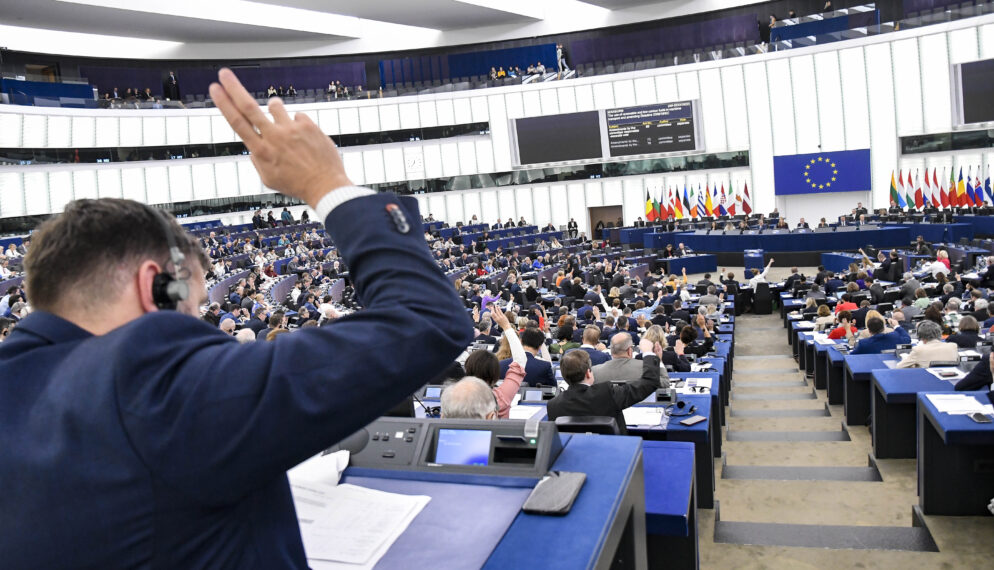
Effective economic coordination instead of left-wing ideology and centralisation
2023. 03. 24.
The European Parliament (EP) debated today in plenary session the reports on the so-called European Semester, the framework for coordinating member states’ economic processes since 2011. In her plenary speech, Fidesz MEP Enikő Győri stressed: “Under pressure from the left, the framework has meanwhile become ideologically charged and goes beyond its original mandate, becoming heavily overloaded. It is time to put a stop to this so that we can finally focus on efficiency and enforceability.” Commenting on the debate, Fidesz MEP Ádám Kósa, member of the Employment and Social Affairs Committee, said: “It is unacceptable that the report would invite more and more migrants to Europe because of the shrinking working-age population. Hungary, on the other hand, sees the solution in national policies to increase the birth rate.”
MEP Enikő Győri made four proposals:
“Greening should not be achieved at the expense of competitiveness, cohesion, and convergence, but in coordination with them.
Secondly, the Commission should not overstretch its powers with country-specific recommendations, which should be developed objectively and adapted to the situation in the Member States, avoiding any suspicion of double standards. This requires a genuine dialogue between Member States and the Commission. Thirdly, the RRF is a one-off response to the crisis of the coronavirus and as such is not suitable as a basis for renewing the permanent framework for economic coordination.”
Finally, she called on MEPs to exercise restraint: “The EP must also respect the rules of the game: it should not claim ever greater influence in economic coordination processes”.
Referring to the energy sector in the Employment Committee report, MEP Ádám Kósa pointed out that “Member States must be able to expand and develop their own energy mix, including through investment in nuclear energy, as this is the only way to fight energy poverty”.